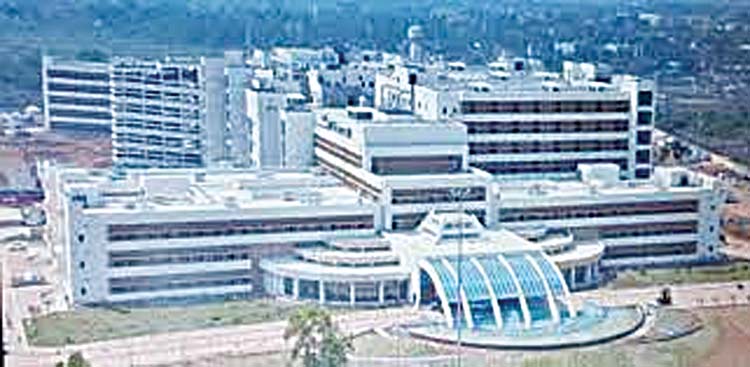Bhubaneswar, Mar 22 (FN Bureau) AIIMS Bhubaneswar Perinatal clinic, which runs every Tuesday, has been providing comprehensive genetic counseling to the parents of down babies and other genetic disorders. Head of Department, Anatomy, AIIMS Bhubaneswar, Dr. Manisha R Gaikwad, said the cytogenetic laboratory in the national institute also helps in detecting common chromosomal anomalies like Down syndrome through Karyotyping. Dr. Gaikwad said this on the occasion of an outreach programme conducted by the Department of Anatomy along with the perinatal clinic, AIIMS Bhubaneswar, in association with the Institute of Health Sciences (Autonomous), Chandaka, Bhubaneswar, on Thursday.
The sensitization programme on features of Down syndrome and approach to other common genetic disorders at IHS, Bhubaneswar, witnessed the enthusiastic participation of the delegates. Down syndrome is the commonest trisomy, with a prevalence of 1 in 830 births in India. The baby presents with a flat facial profile, upward slanting eyes, simian crease and sandal gap. The babies also had repeated respiratory infections, congenital heart disease, and is one of the causes of intellectual disability, deliberated by the experts on the occasion. As the incidence of Down syndrome increases with increased maternal age, awareness among the public and medical professionals will help in the timely detection of Down syndrome and appropriate action, stressed the dignitaries.
AIIMS Bhubaneswar Executive Director Dr. Ashutosh Biswas emphasised upon organising such sensitising outreach programmes to shed more light on the subject of Down syndrome and other genetic disorders. While providing various therapies for common genetic disorders, such as speech therapy, occupational therapy, and physiotherapy, the approach should be single centered and patient centric, said Prof. Satya Narayan Mohapatra, Director, IHS. He also said handling patients with common genetic disorders is a continuous process, including identification, prevention, and lifelong management, for which we should change the stereotype in society.

